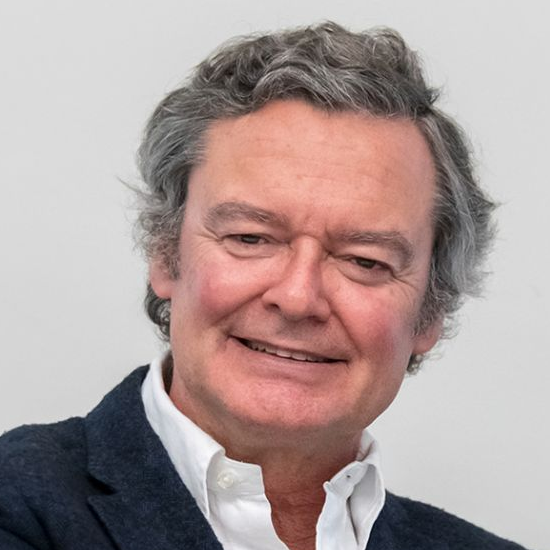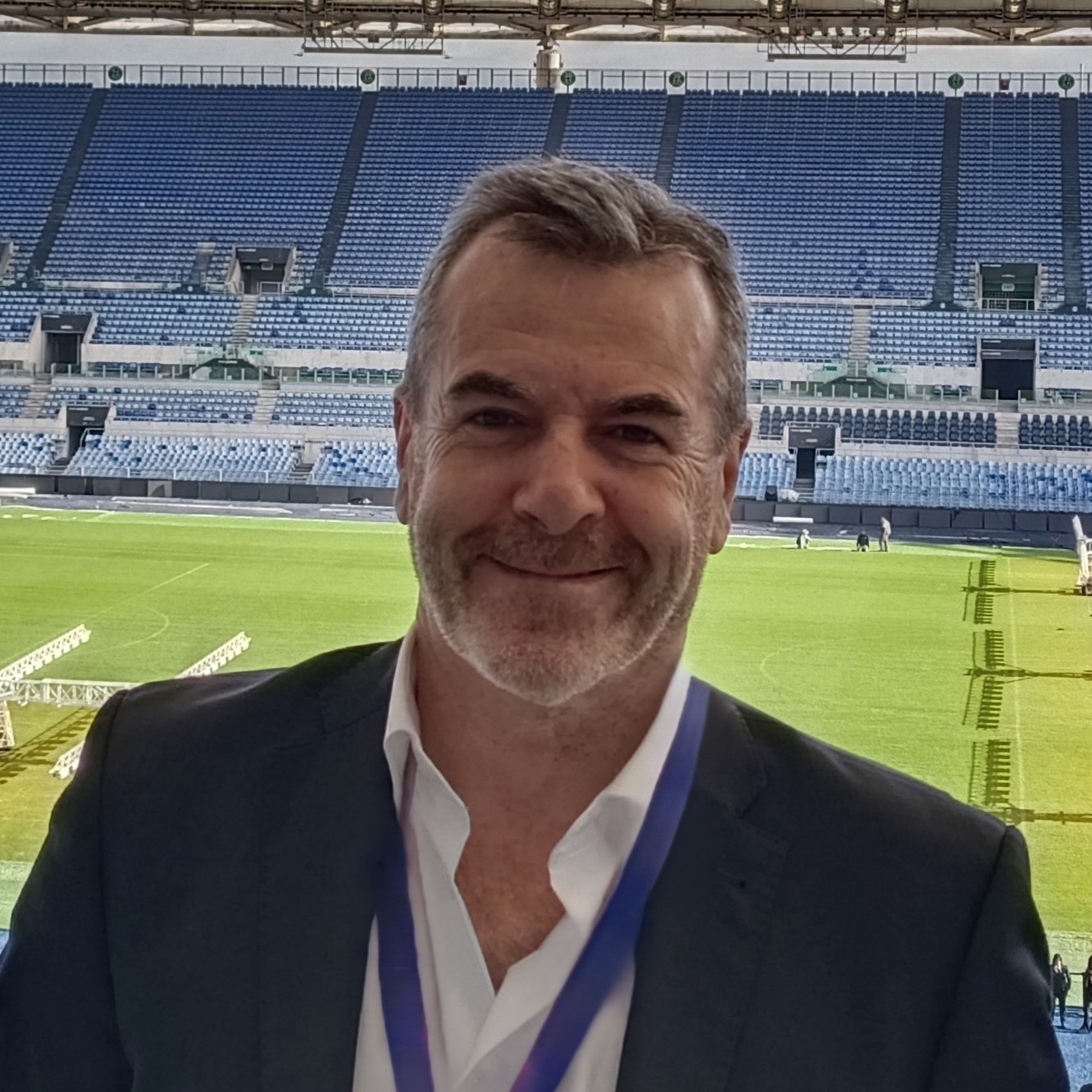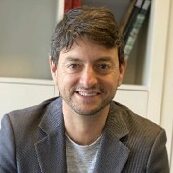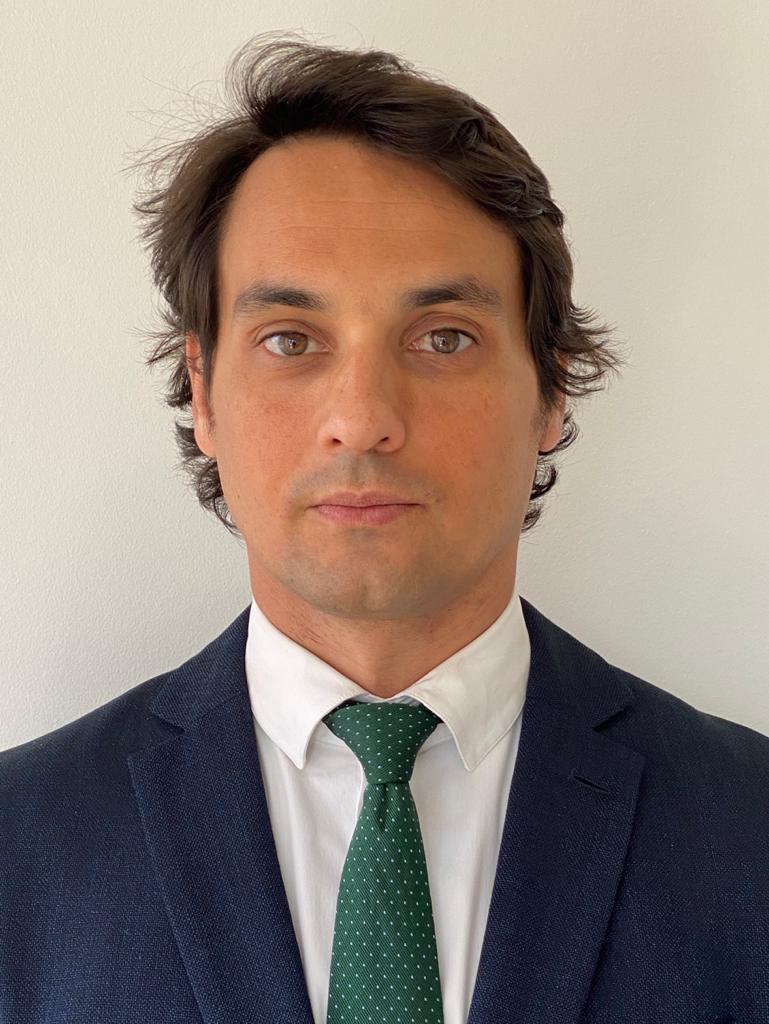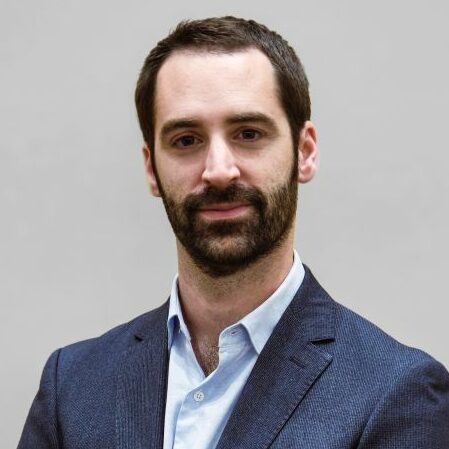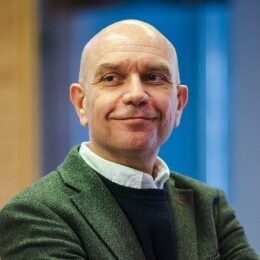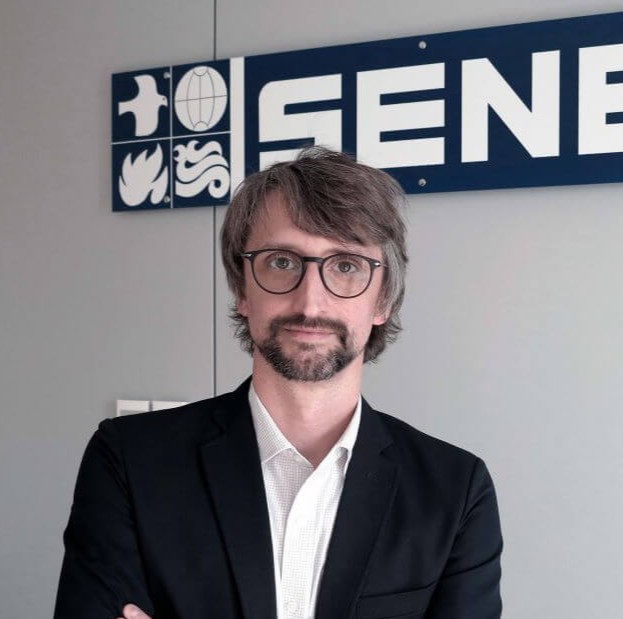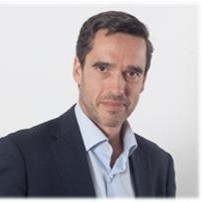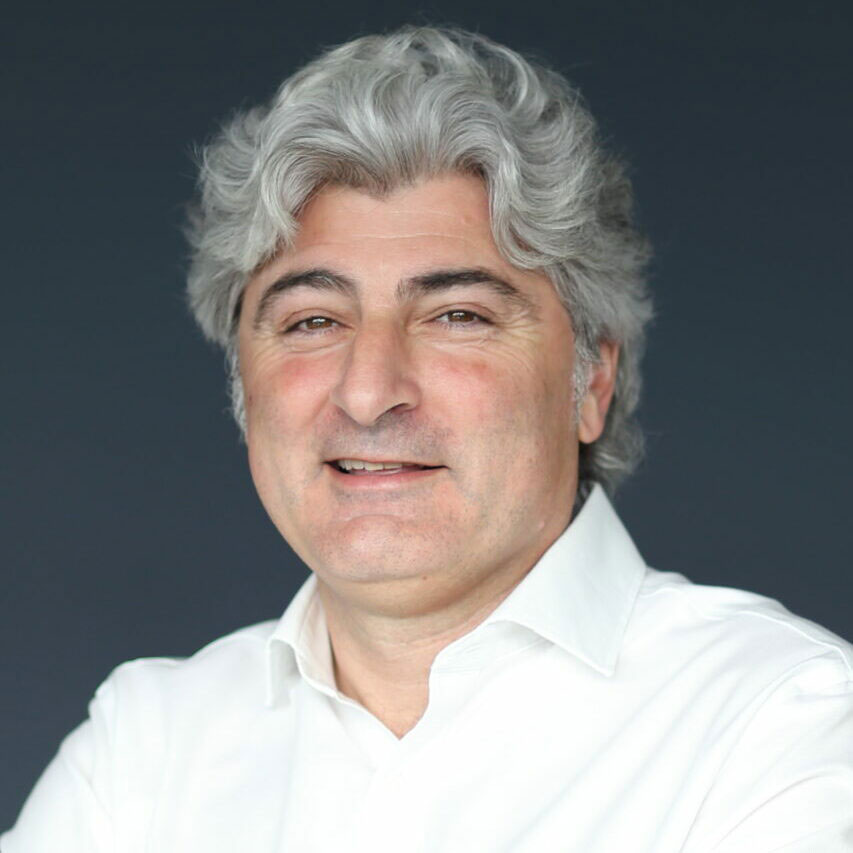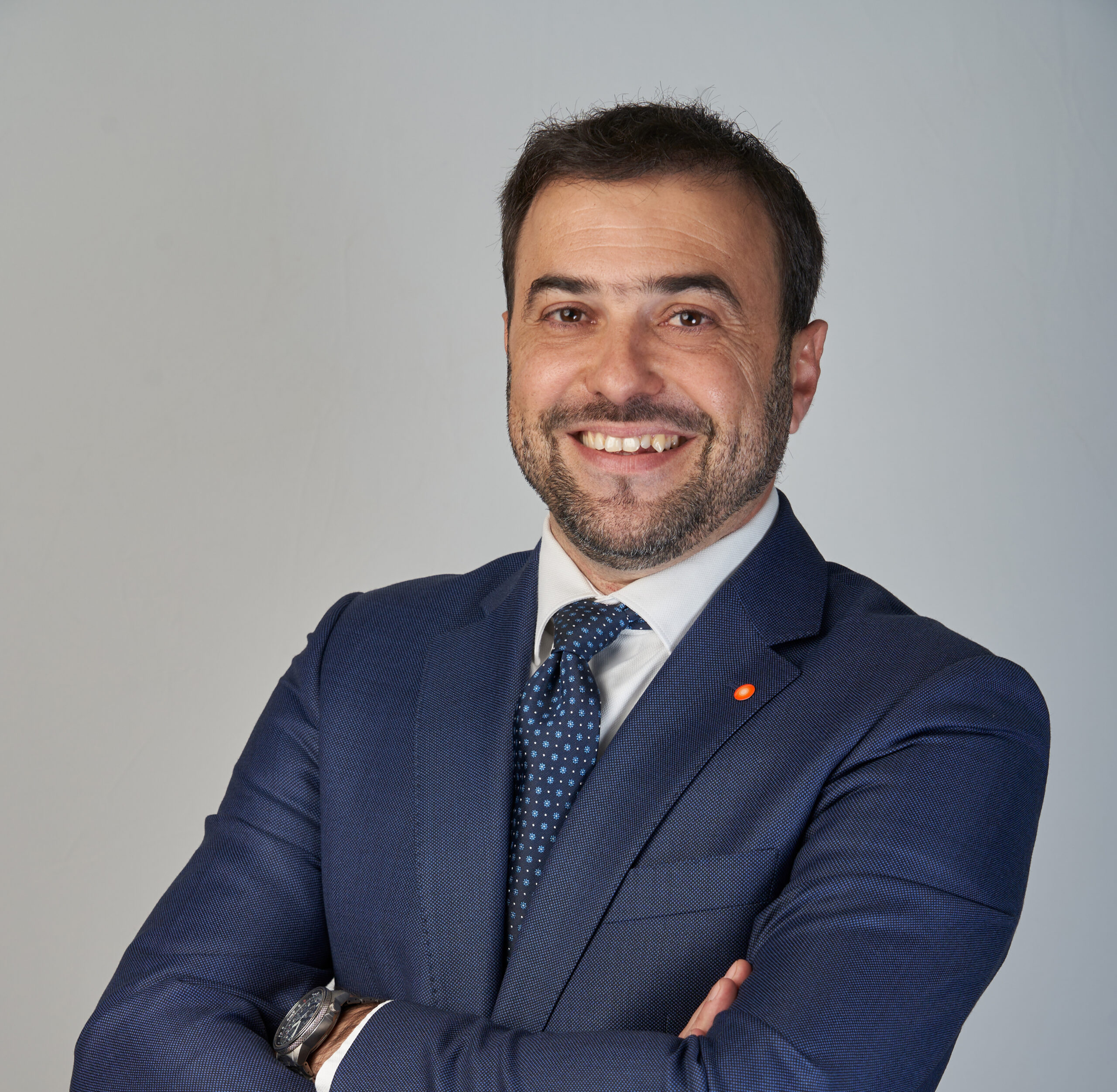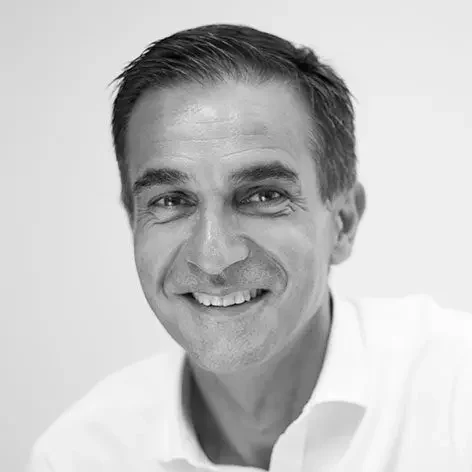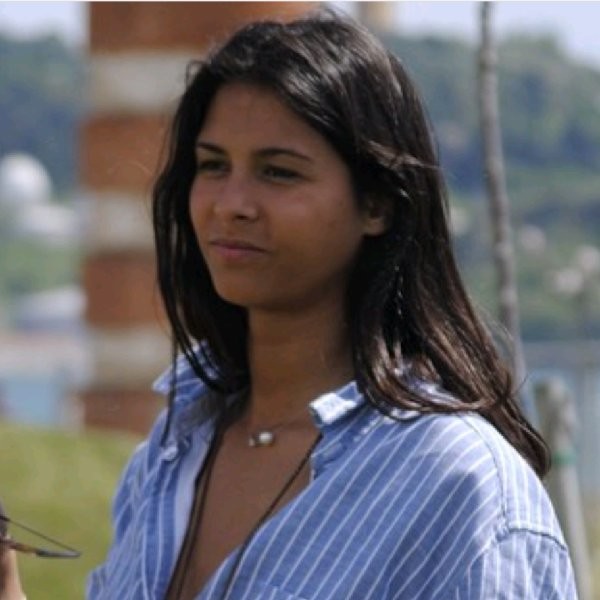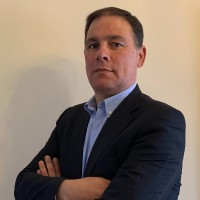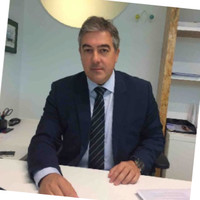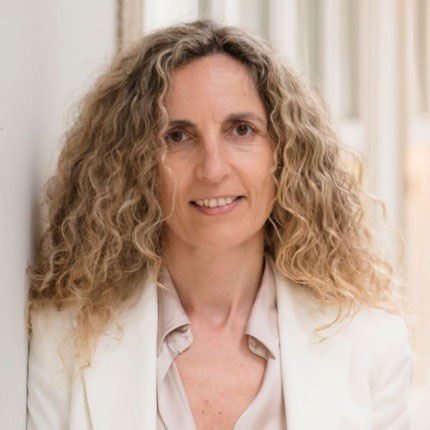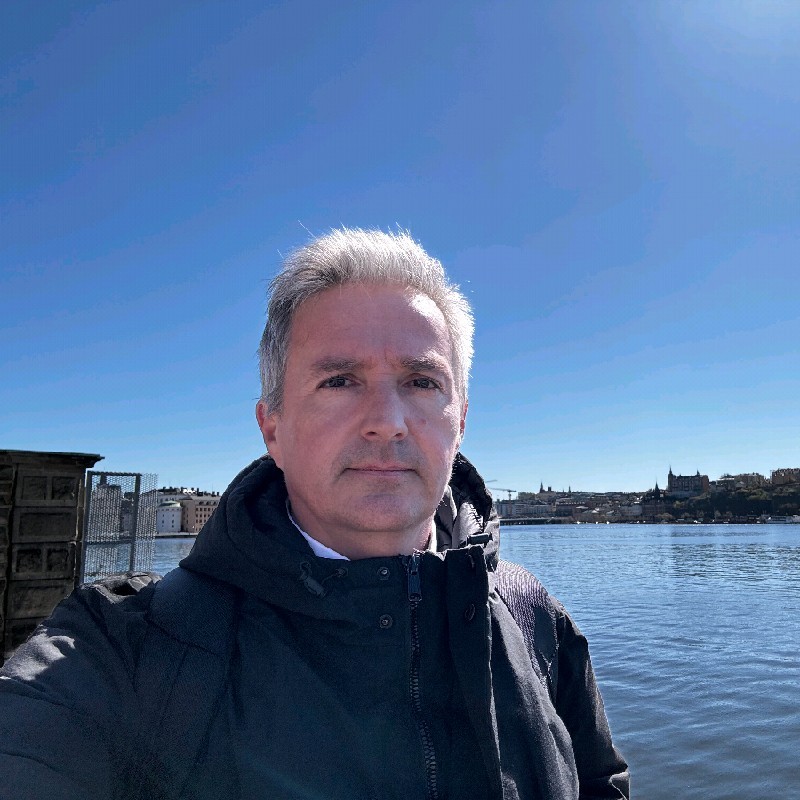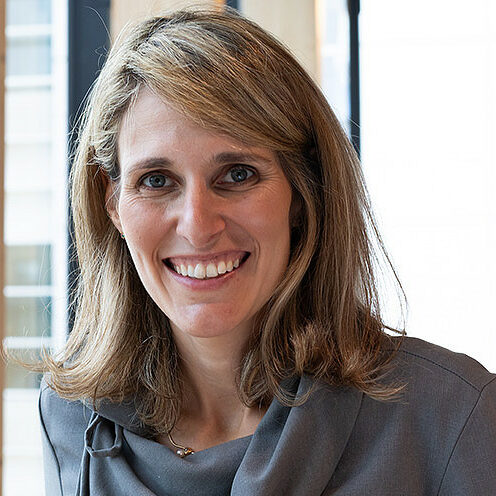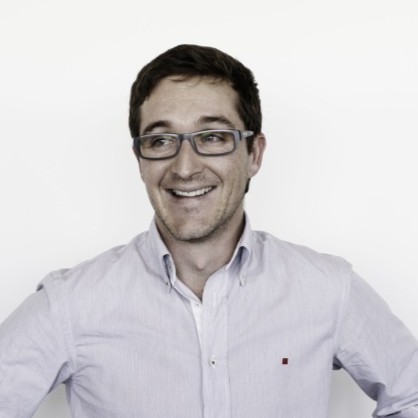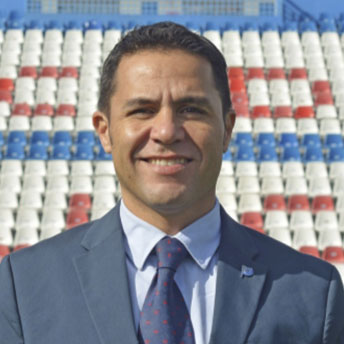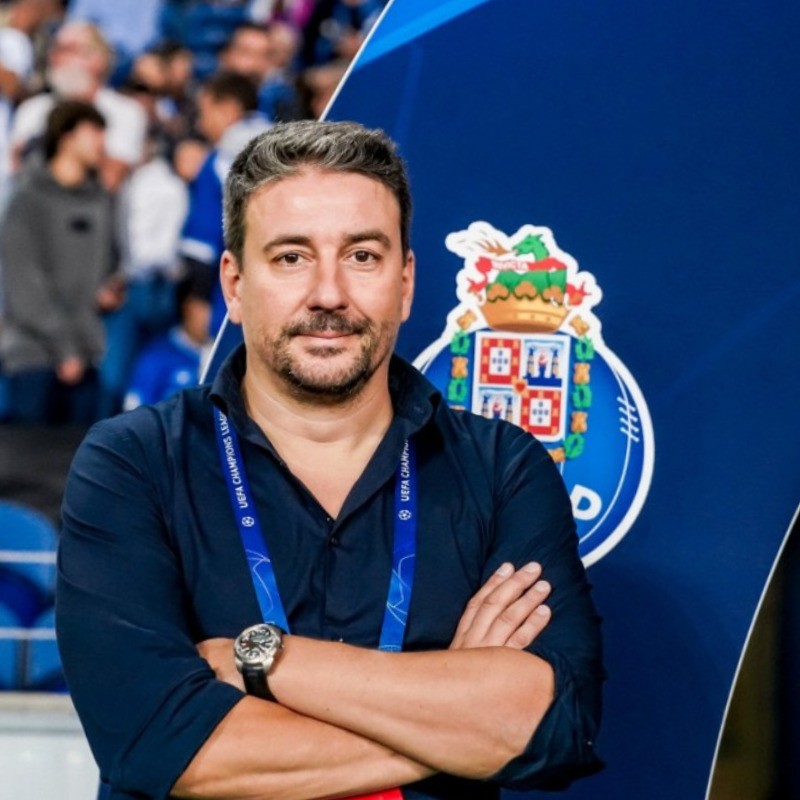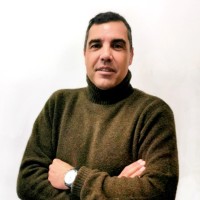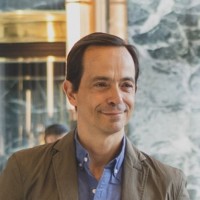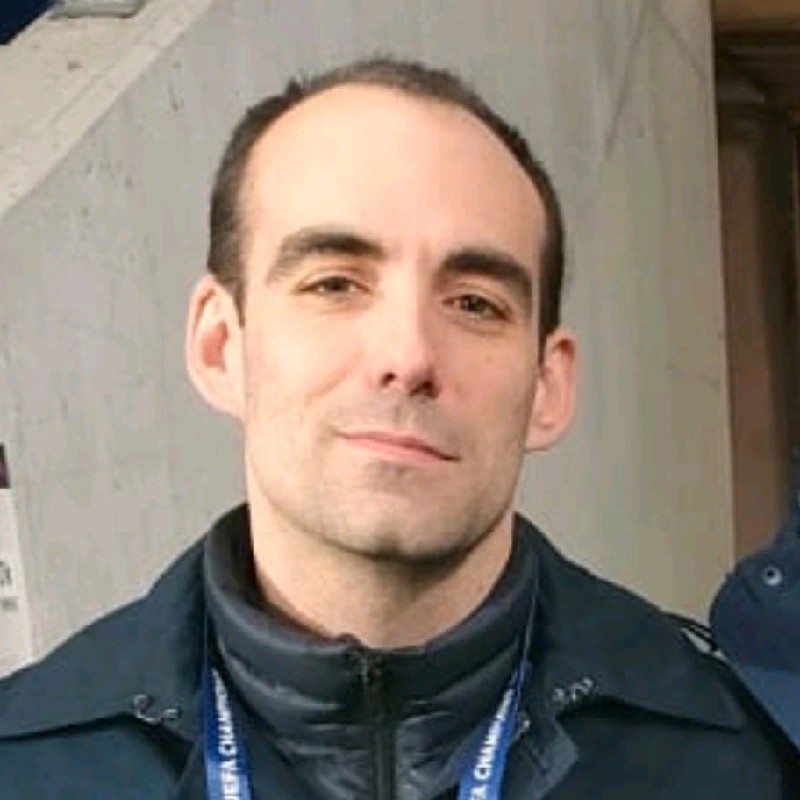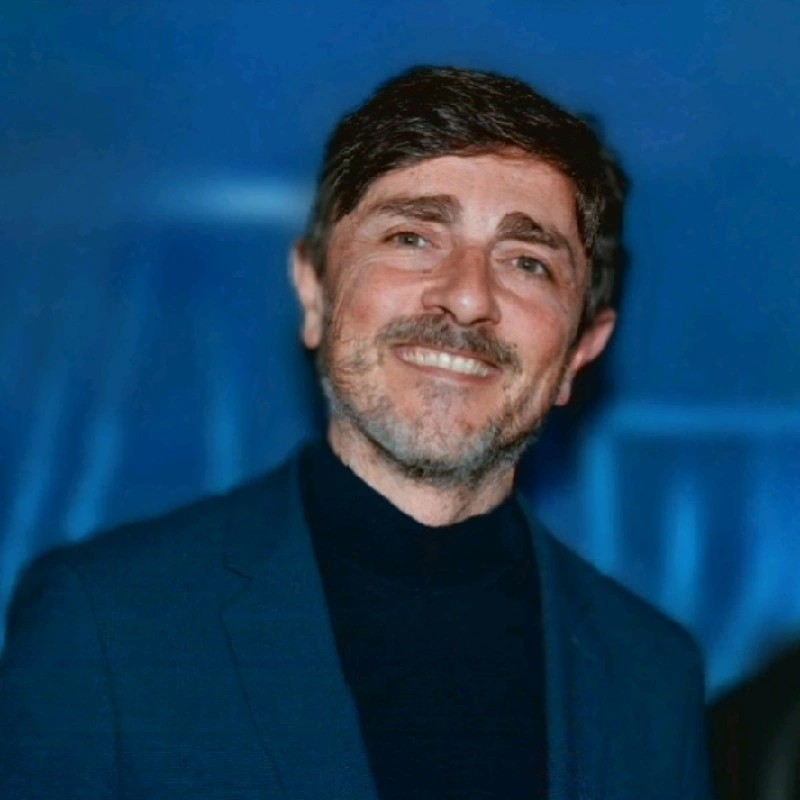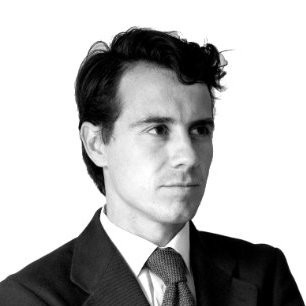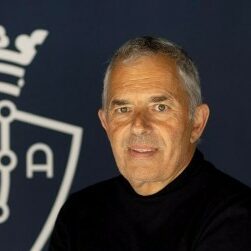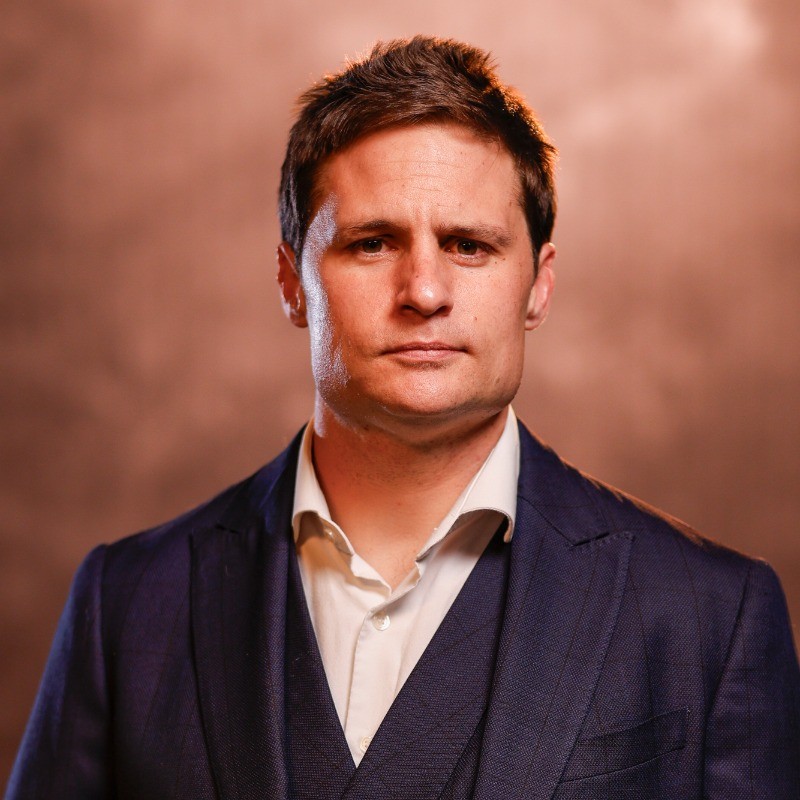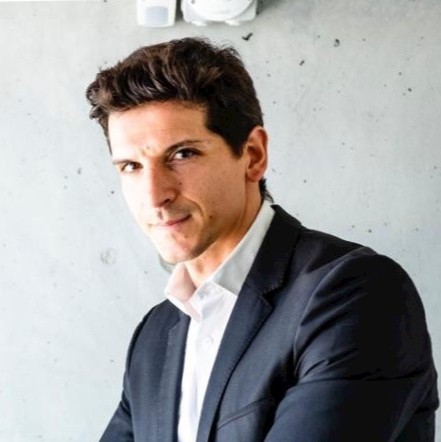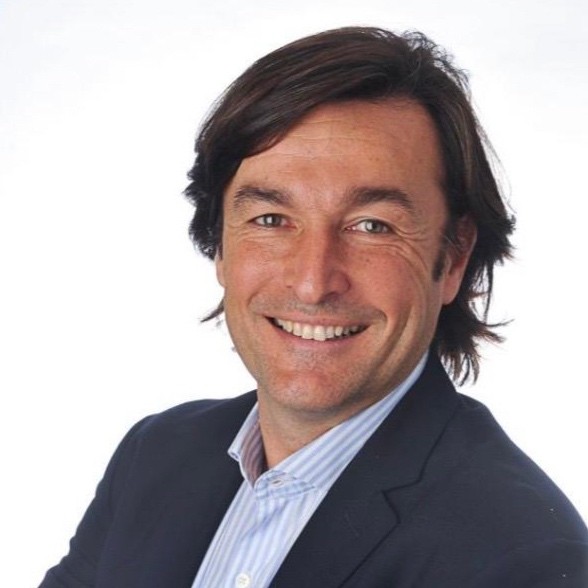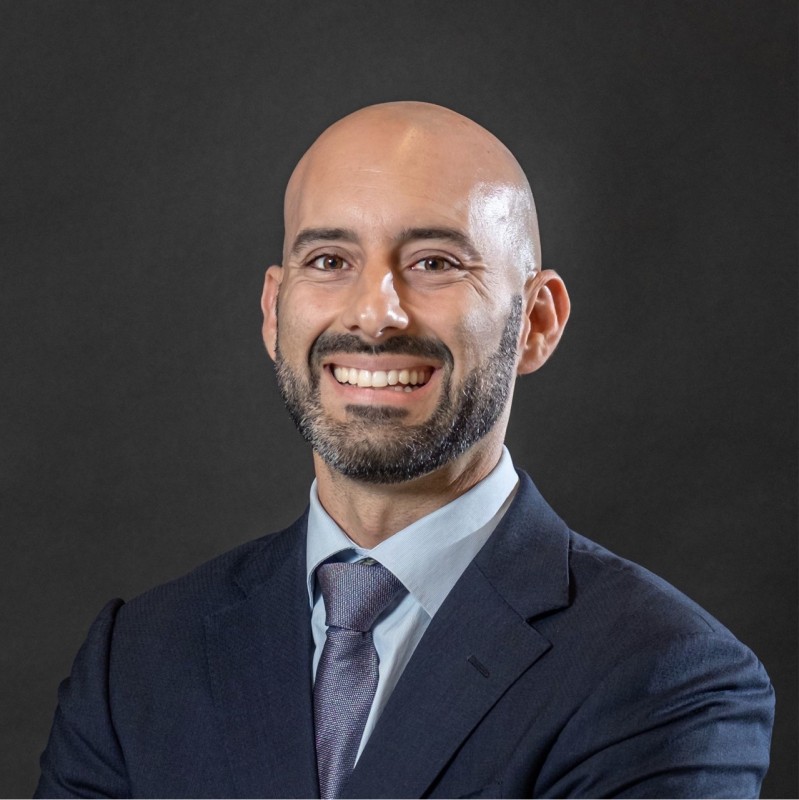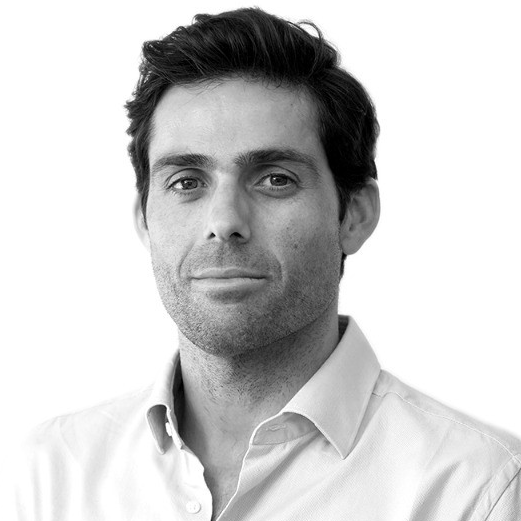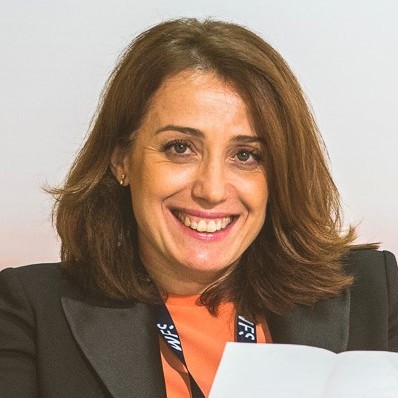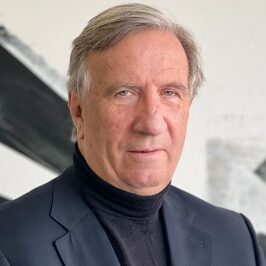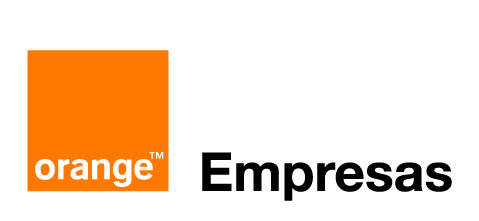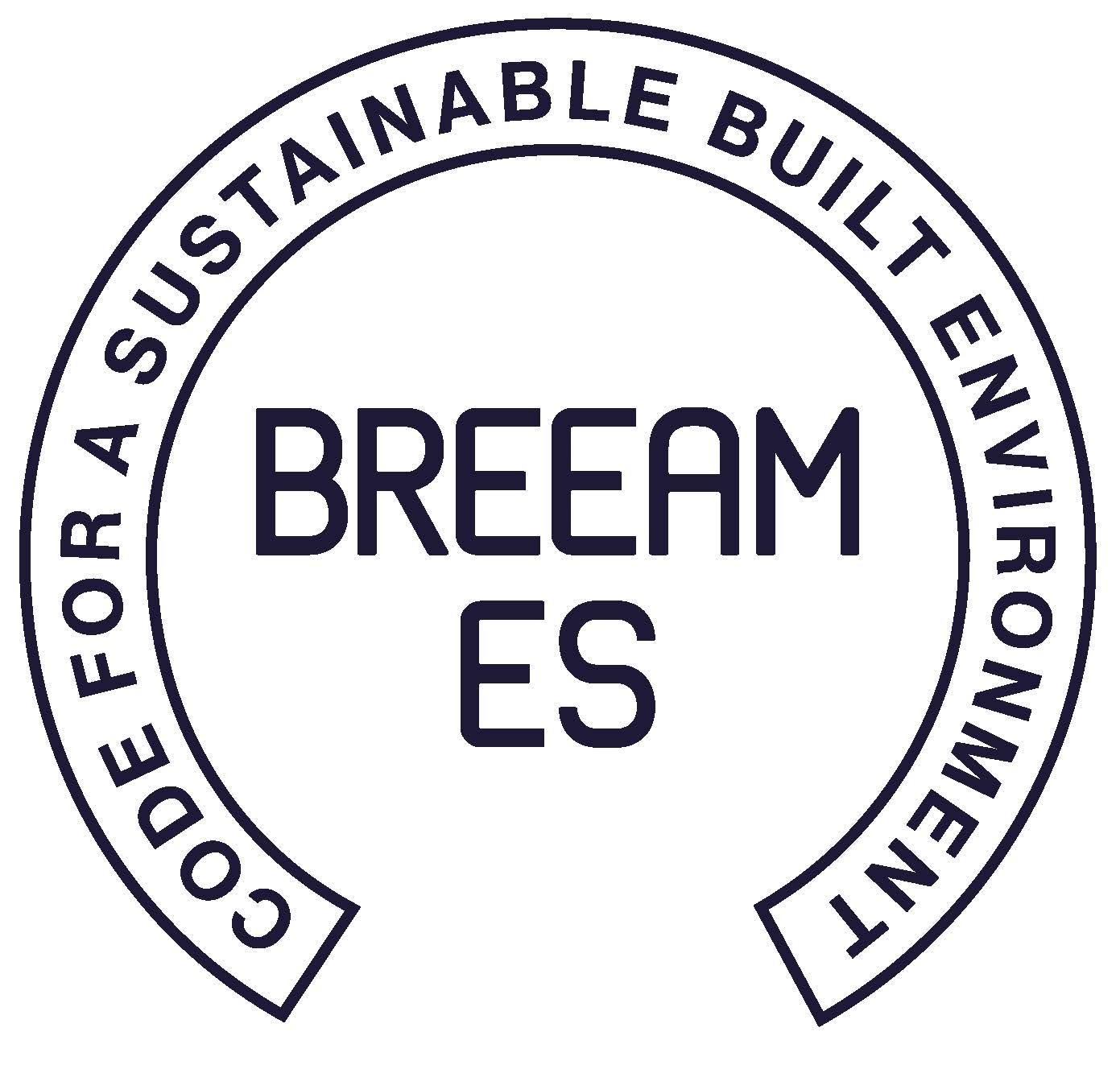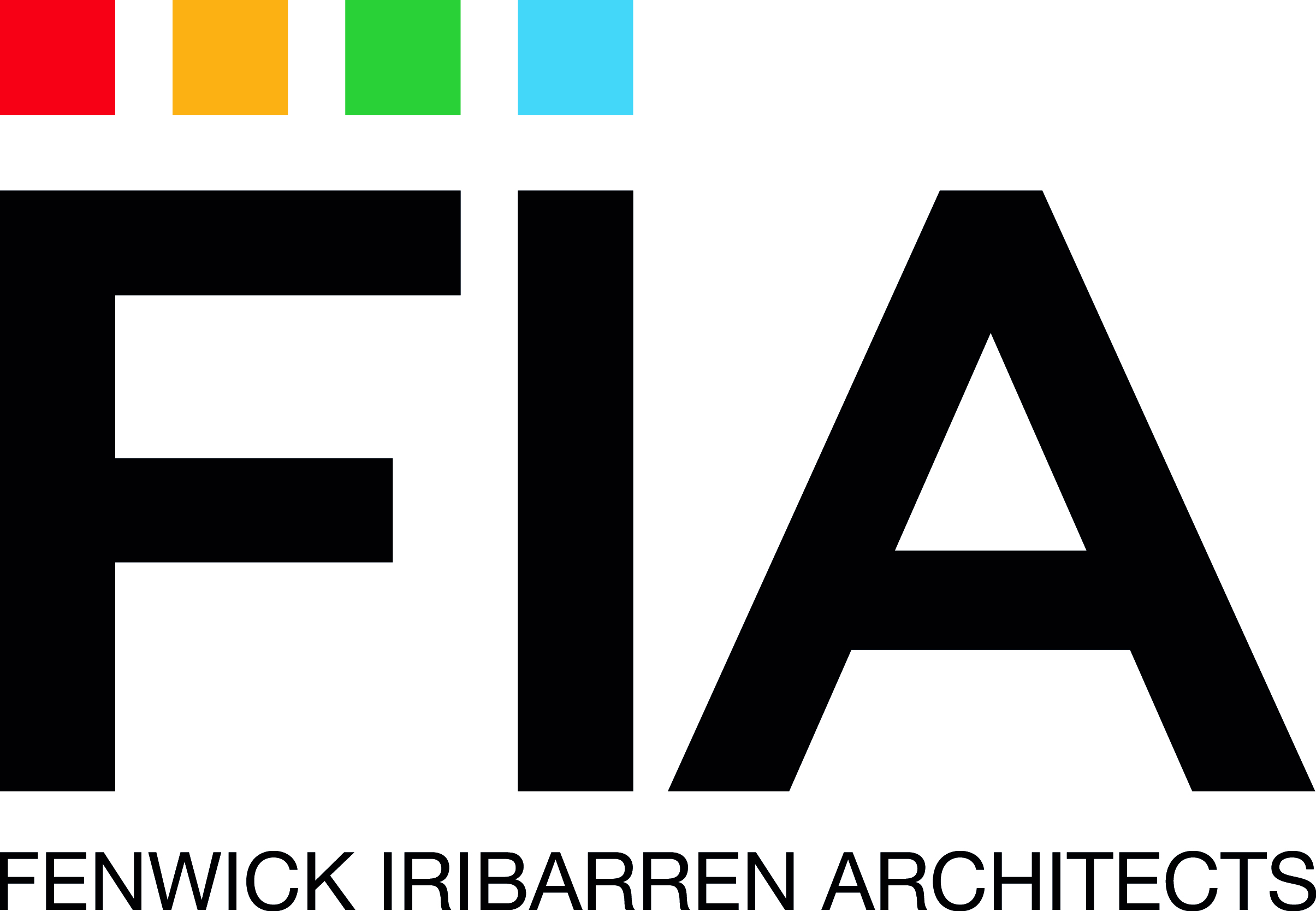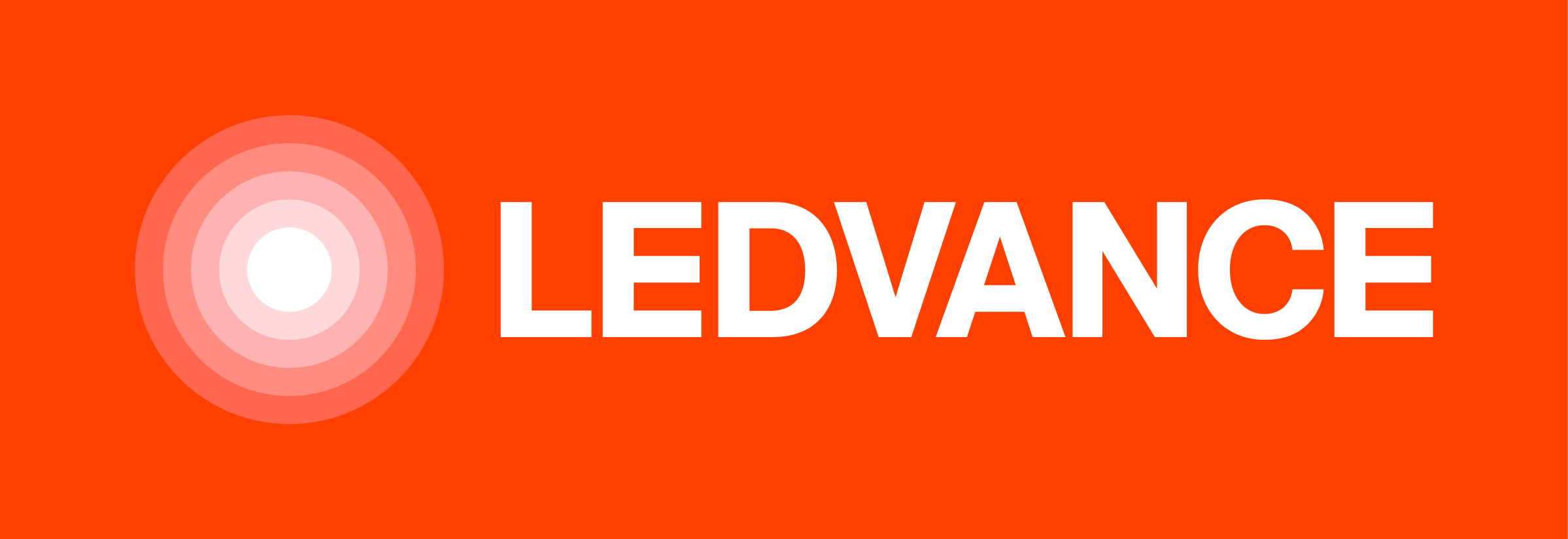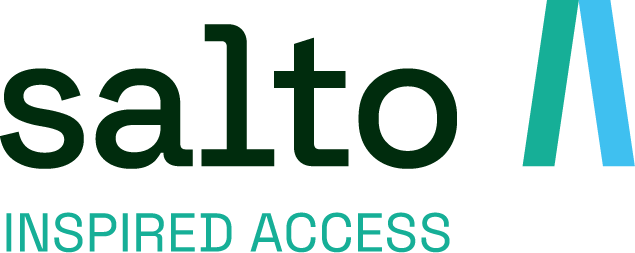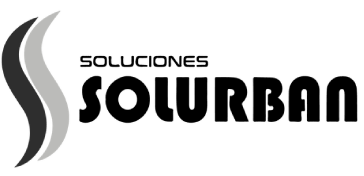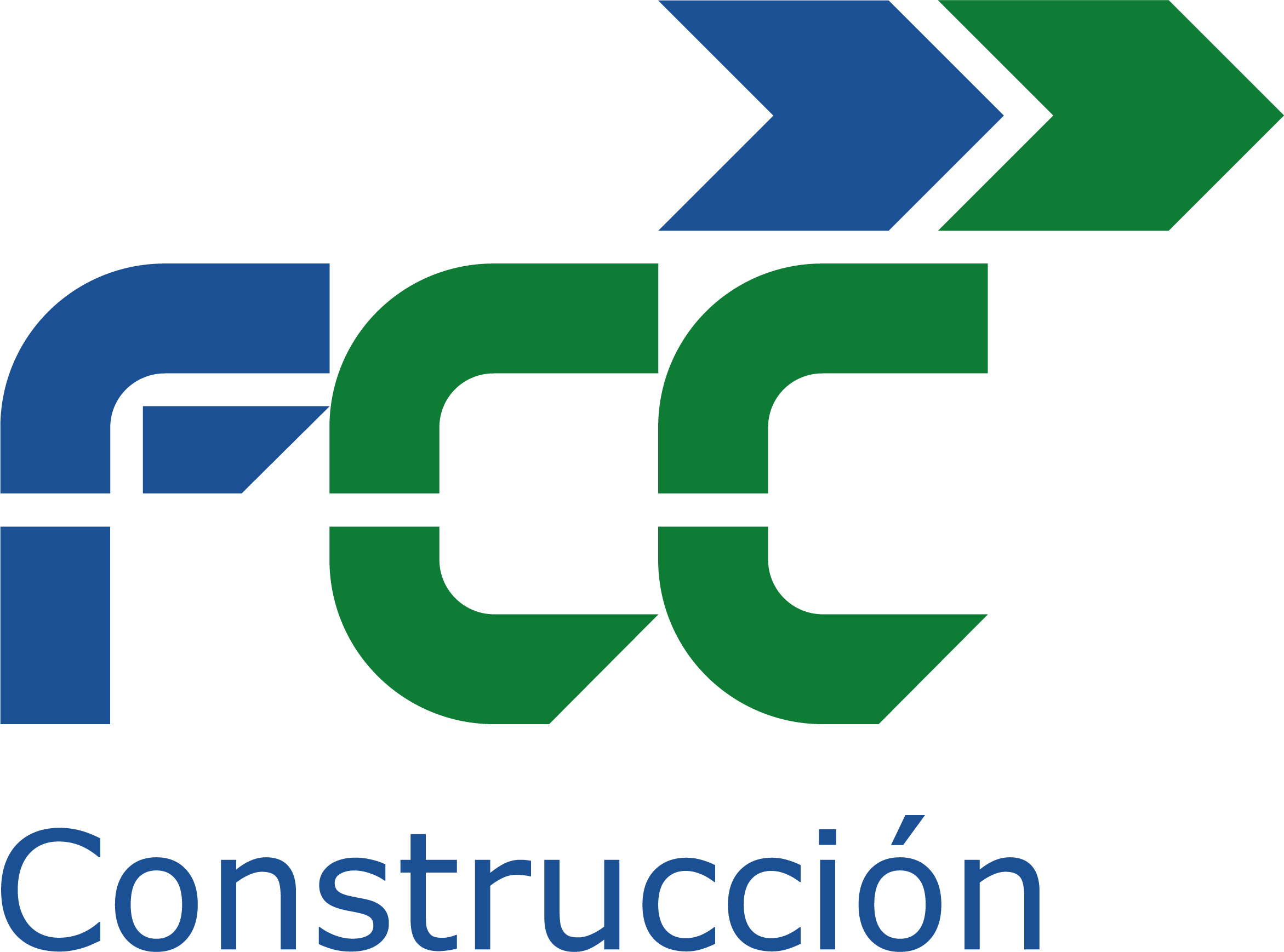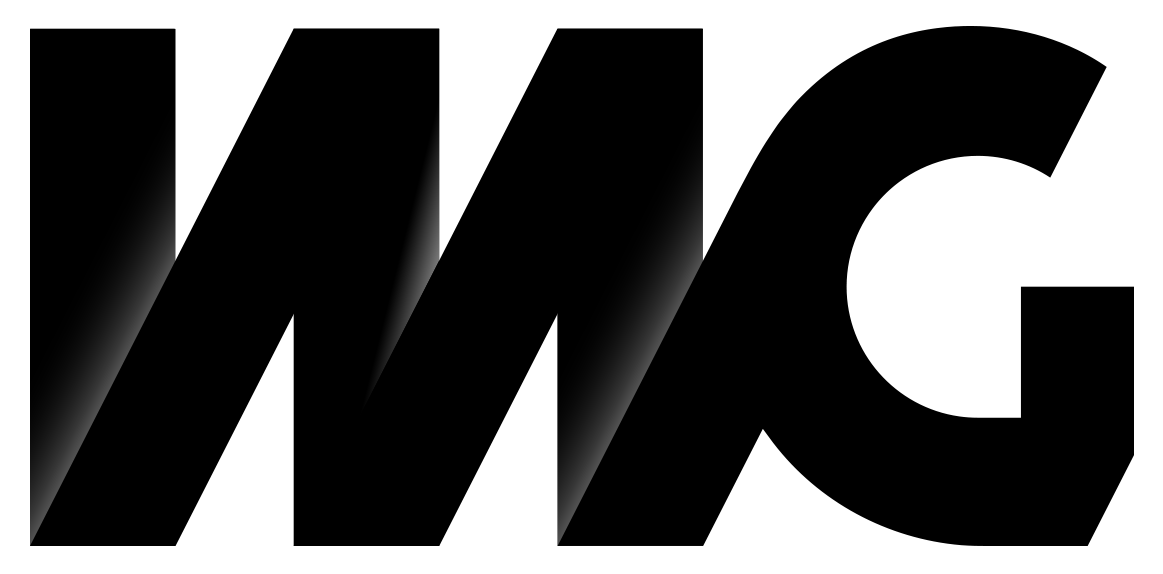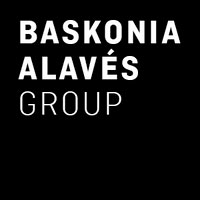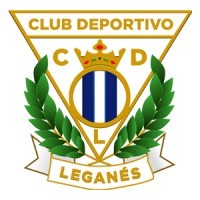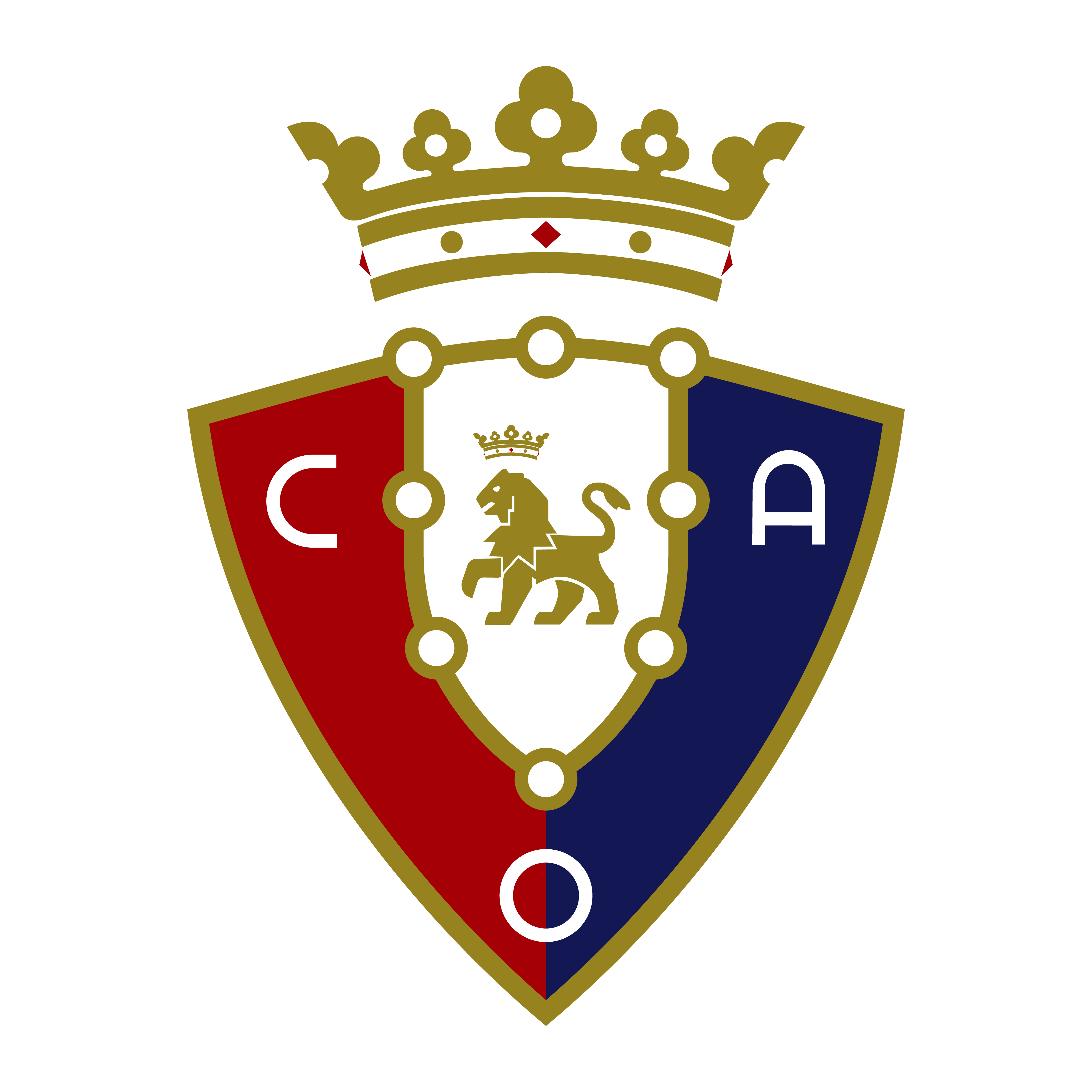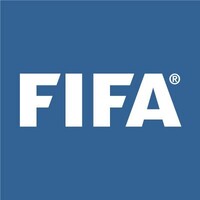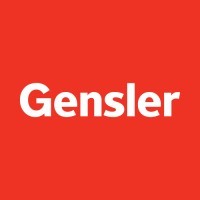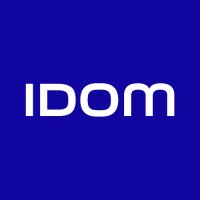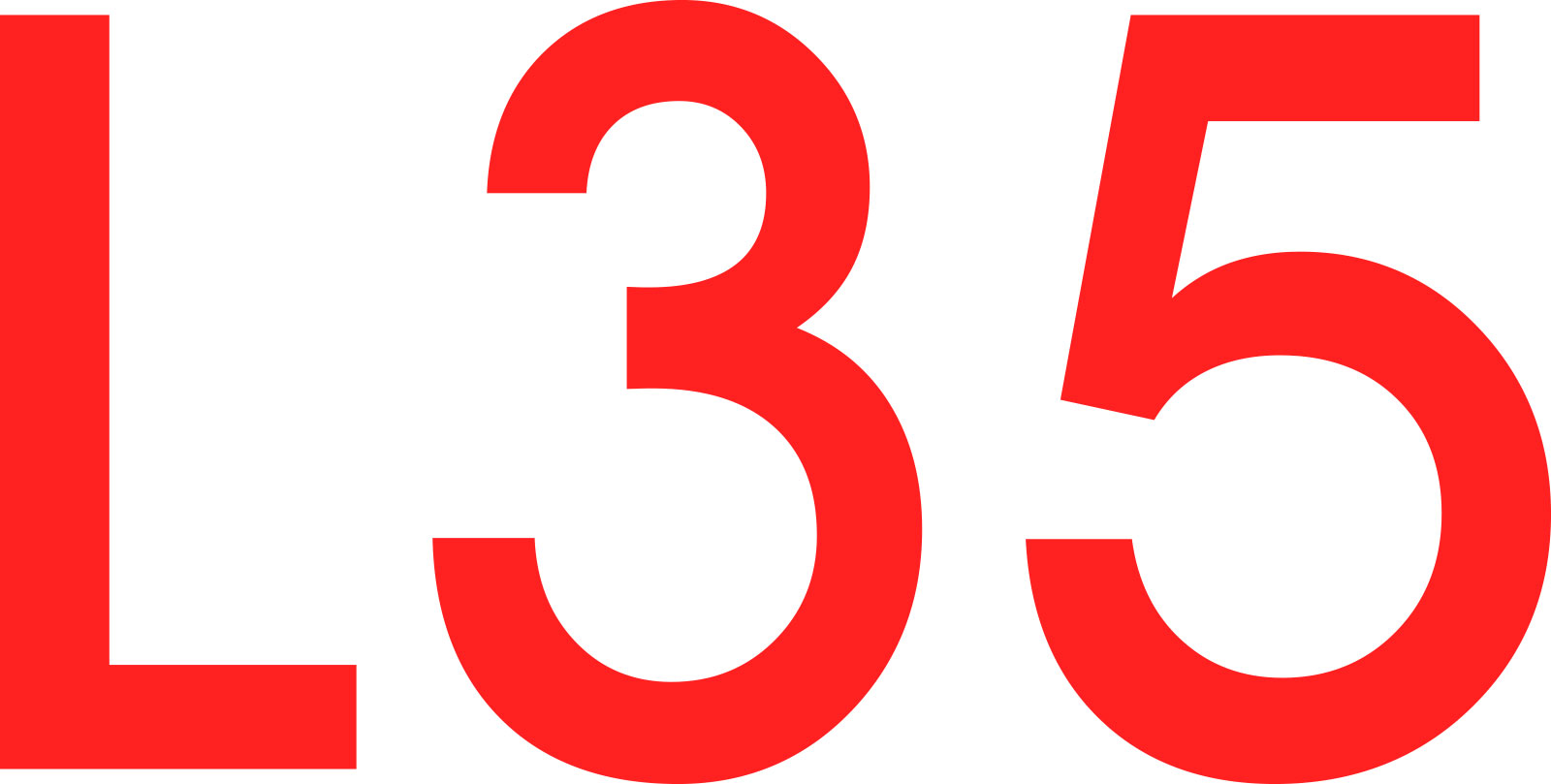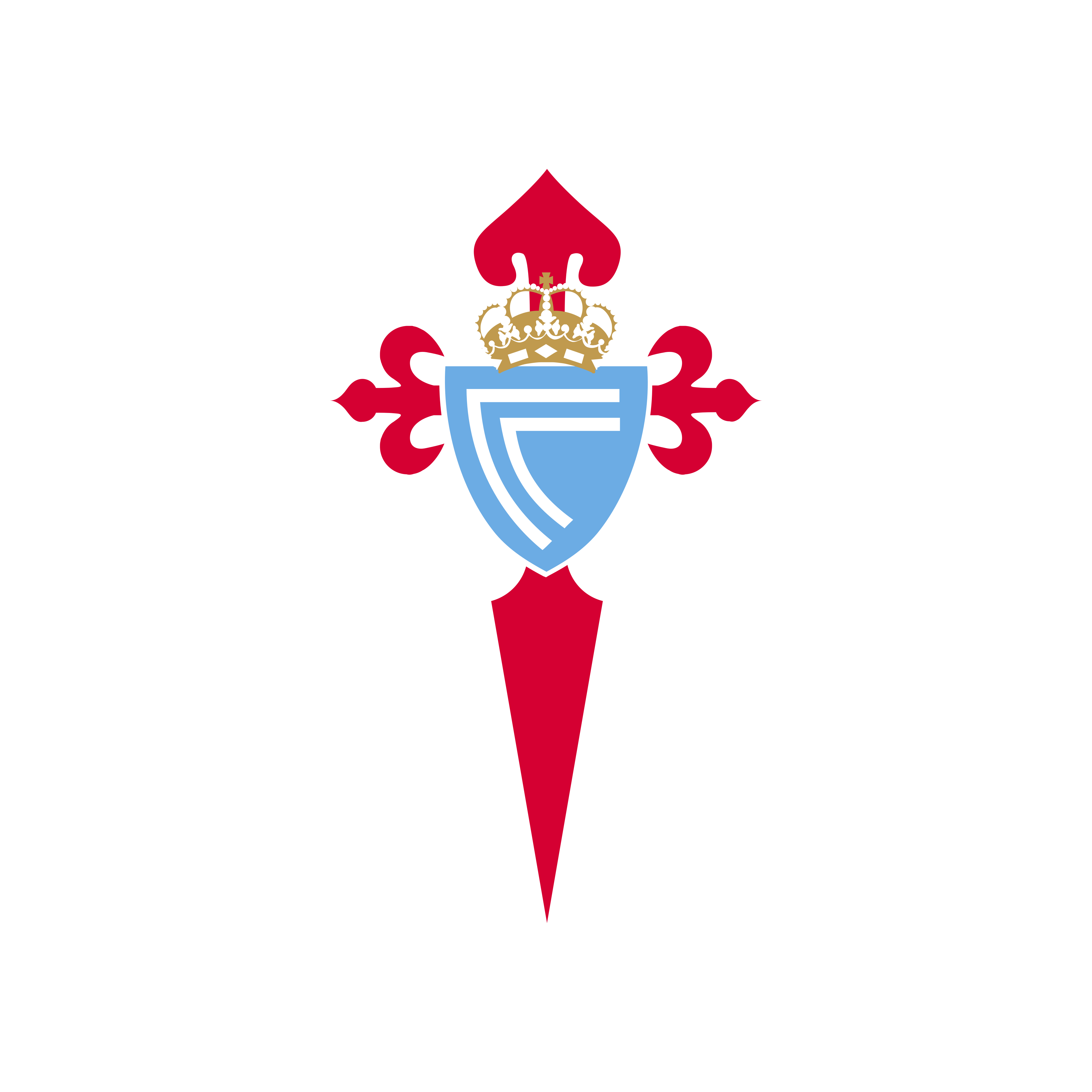Accreditation. Networking Coffee
November 20. 08:30-09:00.
Welcome and opening of the event
November 20. 09:00-09:05.
Introduction: The 21st-century stadium: architecture, city, and business Leer más
November 20. 09:05-09:40. Round Table
- What defines a modern stadium? Architecture, technology, and business vision
- Economic, social, and brand return for clubs and cities
- Beyond match day: stadiums as multifunctional and urban hubs
- Public-private collaboration, urban regeneration, and economic development
- Territorial positioning and identity: the stadium as a city icon
Phase 0: Business plan, strategy, and feasibility. “economic model and uses of the future stadium: thinking about return from minute one” Leer más
November 20. 09:40-10:20. Round Table
- The importance of strategic conceptualization from phase zero: vision, uses, and feasibility
- What business model should be built? Sports venue, multipurpose arena, urban asset, and entertainment platform
- Project financing: mixed formulas, role of the public sector, new private stakeholders, and programs like LaLiga Impulso (CVC)
- Key variables: location, accessibility, target audience, operating calendar, revenue mix
- How to integrate stadium marketing from the planning stage: positioning, naming rights, and relationship with brand/city
Phase 1: Design. “Icon, functionality, and profitability: how to prioritize without compromise” Leer más
November 20. 10:20-11:00. Round Table
- Ownership vs. architecture: how to align strategic objectives and creative vision from the design phase
- Designing for future profitability: flexibility of use, operational efficiency, and multipurpose vision
- Iconic and functional: balancing iconic image with safety, user experience, and daily operations
- Technology, AI, and sustainability integrated from the start: energy efficiency, smart maintenance, and connected experience
Iconic stadiums from the inside: successful case presentation of Stadium 1 Leer más
November 20. 11:00-11:15. Presentation
A dynamic block of short presentations where professionals connected to iconic stadiums and arenas will share their insights on different phases of the lifecycle of these infrastructures, offering real experiences from renovation to the inauguration of new venues.
Networking Coffee
November 20. 11:15-11:50.
Phase 2: construction without surprises “Deadlines, costs, and other enemies of the perfect stadium” Leer más
November 20. 11:50-12:30. Round Table
- How to minimize budget and schedule deviations in large-scale projects
- Application of technologies such as BIM and AI to improve control and decision-making during construction
- Sustainability as a key factor in execution: costs, materials, operational efficiency, and environmental certifications
- The relationship between owner, architect, and builder as key to ensuring project success
- Advantages of industrialized and modular construction to reduce time and risks
Iconic stadiums from the inside: successful case presentation of Stadium 2 Leer más
November 20. 12:30-12:45. Presentation
Phase 3: Operation and maintenance. “Technology and efficiency to operate smoothly” Leer más
November 20. 12:45-13:25. Round Table
- Digital planning and maintenance regulations: UEFA/FIFA criteria, operational efficiency, and balance between capex and opex
- Day-to-Day operational management: maintenance of turf, furniture, and access points to ensure functionality and experience
- Accessibility, safety, and sustainability
- Centralized operations and automation: remote control of facilities and resource optimization
- Facility Management in stadiums and arenas: digital planning and international case studies
Iconic stadiums from the inside: successful case presentation of Stadium 3 Leer más
November 20. 13:25-13:40. Presentation
Phase 4: Year-round stadium operation and revenue maximization. “Can a stadium be profitable all year round? Where is the limit?” Leer más
November 20. 13:40-14:20. Round Table
- New business models beyond sports: hospitality, F&B, museums, corporate spaces, and urban entertainment
- Concerts and major events: how to adapt to regulatory restrictions and coexist with residential surroundings
- Operation of other sports infrastructures: academies, sports cities...
- Partnerships with external operators to maximize profitability of sports facilities
- International success stories: stadiums and arenas that operate successfully 365 days a year
Networking Lunch
November 20. 14:20-15:30.
Phase 5: Fan Experience. “User, fan, and customer: keys to design the total experience” Leer más
November 20. 15:30-16:10. Round Table
- Technology and connectivity for fan engagement: apps, digital systems, augmented reality, AI... for a personalized experience
- New hospitality models: VIP areas, boxes, premium experiences and their impact on revenue
- Inclusive stadiums and arenas: design adapted for diverse audiences (families, people with reduced mobility, international fans)
- CRM systems and smart ticketing: how to understand and segment fans to improve sales and loyalty
Iconic stadiums from the inside: successful case presentation of Stadium 4 Leer más
November 20. 16:10-16:25. Presentation
World Cup 2030: building for three weeks or for 30 years? An in-depth look at the host cities Spain, Portugal, and Morocco Leer más
November 20. 16:35-17:15. Round Table
- Strategic evaluation of the economic impact and international visibility for host cities.
- Infrastructure design focused on urban legacy, tourism promotion, and economic stimulation
- Key factors for post-event stadium use: sports, cultural, and commercial purposes that enhance the city
- Public-private coordination to optimize investment, management, and sustainability of the venues
- Comparative analysis of international case studies from major sports events: World Cups, Olympic Games, and other competitions
Iconic stadiums from the inside: successful case presentation of Stadium 5 Leer más
November 20. 17:15-17:30. Presentation
Madrid, the capital of the F1. MADRING presentation Leer más
November 20. 17:35-17:50. Presentation
- Current status of the MADRING project: timelines, funding, and key developments
- Expected economic impact for Madrid: job creation and tourism return
- Which other cities hosting Formula 1 GPs are we competing with?
- Visibility and international positioning of Madrid thanks to F1.
- Challenges and controversy management
Afterwork: networking
November 20. 17:50-18:30.
End of the day
November 20. 18:30.
(*) Agenda subject to change
Simultaneous translation available (Spanish > English) with on-screen subtitles thanks to AI technology
